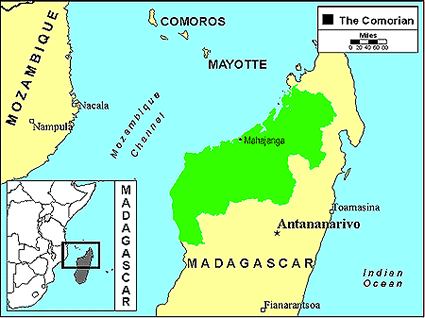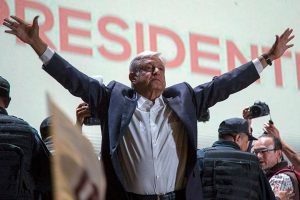Québec solidaire’s 10 members of the National Assembly, elected October 1, took their oath of office on October 17 in two parts.
The oath of allegiance to the Queen, required by the British North America Act (now the Constitution Act) in order to take their seats in the Assembly, was conducted behind closed doors, presided over by the secretary of the Assembly.
In a public ceremony held in the former chamber of the Legislative Council (the appointed upper house abolished in the 1960s) the 10 MNAs pledged their “real” loyalty “to the people of Quebec.” Then, to the acclaim of many supporters of Quebec sovereignty, both QS and non-QS, they promised to introduce a bill to abolish the oath to the Queen, described by the party’s co-leader Manon Massé as “anti-democratic” and “archaic.”
Although symbolic, it was an auspicious gesture reflecting Québec solidaire’s determination to present a real progressive alternative to the new government of the Coalition Avenir Québec (CAQ), sworn into office the following day.
A Repositioning of Quebec’s Economic Elite
Winning 37.4% of the popular vote – 25.8% of the eligible electorate, given the high abstention rate – the Coalition Avenir Québec holds 74 seats, a comfortable majority of more than 60% of the 125 in the National Assembly. Once again, the undemocratic first-past-the-post electoral system produces a result quite unrepresentative of the voters’ choices. Doubts are widespread, therefore, that the CAQ will adhere to its pre-election pledge to institute some form of proportional representation which, had it applied to the October 1 results, would have held it to minority government status. There is less doubt, however, about how the CAQ will use its parliamentary majority to implement its unabashedly pro-business and ethnically divisive program.
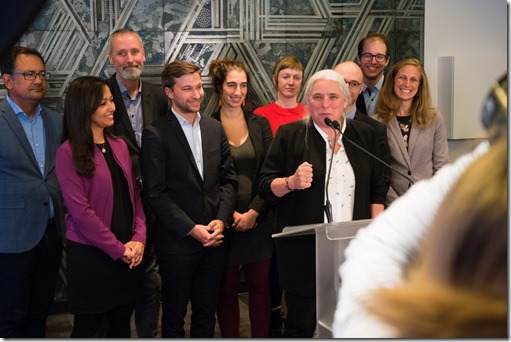
Québec solidaire’s 10 member caucus of the National Assembly. Manon Massé (at the microphone) is one of the co-spokespersons. (Source: The Bullet)
Founded seven years ago, the party is an amalgam of former Liberal and PQ supporters assembled around a core element, the former right-wing Action démocratique du Québec (ADQ), which split from the Quebec Liberal party in the early 1990s in the wake of the demise of the Meech Lake attempt at constitutional reform. It supports some vaguely articulated form of Quebec autonomy but not independence. The CAQ is very much the instrument of François Legault, a former Parti québécois minister and before that a prominent businessman, founder and CEO of Air Transat. He personally selected the party’s candidates. At least 32 of the party’s deputies – 43% of its caucus – are from the business and managerial milieu. And well over half of Legault’s cabinet, announced October 18, are business people or journalists in mainstream or business media.
The party is the product of a repositioning of the nationalist sector of Quebec’s economic elite after the narrow defeat of the 1995 referendum on sovereignty, writes Bernard Rioux, an editor of the left-wing on-line journal Presse-toi à gauche. Successive PQ leaderships led the way, postponing their hopes for a sovereign Quebec to an indefinite future while aligning their party increasingly with neoliberal globalization, support of free trade and privatization of public enterprises, establishment of fee-based public services, reduced taxation of the wealthy, continued exploitation of fossil fuels and concentration of media ownership. Legault, having abandoned the PQ, simply aligned his new party with the federalism of the vast majority of the Québécois bourgeoisie, which sees the Quebec government as its prime instrument for gaining a strengthened role within the Canadian ruling class and through it with global capitalism.
Rioux summarizes the CAQ’s agenda for its four-year mandate. Among promised measures:
- Privatization of public services, especially in education and health care, for example by continuing the expansion of private clinics allowed by both PQ and Liberal governments.
- Greater inequality in the distribution of wealth through tax reductions for business.
- Support for gas and oil exploration and exploitation, and rejection of any plan for environmental transition to renewable energy sources. Legault supported the Energy East pipeline project, cancelled for now following mass protests.
- Regressive nationalism that caters to white male identity. During the election campaign Legault promised a 20% reduction in immigration quotas and threatened to expel applicants for citizenship who failed to pass tests on language skills and Quebec “values” within three years. Since the election he has promised to prevent state employees in “positions of authority,” including teachers and not just cops, prison guards and judges, from wearing signs denoting religious belief. In this he expands the scope of the Liberal government’s Bill 62, which prohibited citizens from wearing face coverings when receiving or dispensing public services – a measure clearly aimed at Muslim women in particular. (Now law, it has yet to take effect pending a constitutional challenge.)
The CAQ promises a pro-business orientation that will wean Quebec off federal “equalization” payments that offset relatively low government revenues with income derived from higher-income provinces such as the petro-province Alberta. At present Quebec gets the lion’s share of such payments, almost $12-billion or about 62% of the total Ottawa gives the six have-not provinces. Overall federal transfer payments, including cash for health care and social programs, total $24.3-billion, or 22% of Quebec government revenues in the current fiscal year. However, the CAQ’s fiscal framework, tabled during the election campaign, projected federal transfers of $25.6-billion in 2022-23, the final year of the CAQ’s mandate. Indeed, it is hard to see how significant progress in reducing this dependency on federal transfers can be achieved without huge cutbacks in government expenditures. The CAQ promises to cut at least 5,000 employees from the public payroll, but that might be only a beginning.
The CAQ’s right-wing anti-immigrant populism has some parallels with the new parties that have emerged in Europe in recent years, as well as with the Trump conquest of the Republican party. These formations are most successful in channeling working-class voters’ discontent over their declining economic status toward a scapegoating of immigrants and other vulnerable populations that distracts from the deepening capitalist austerity they implement. Their electoral success reflects the failure of the old reformist and social-democratic left to present a credible alternative to the rightward drift of capitalist politics.
However, the CAQ does differ somewhat from other right-wing populist formations in Canada such as Doug Ford’s “Progressive Conservatives” in Ontario or Jason Kenney’s merging of Wild Rose with his Conservatives in Alberta. These parties are known more for their virulent rejection of environmental regulation, verging on climate change denialism, than for attacks on immigrants and ethnic minorities. Canadian capitalists generally encourage limited immigration in order to compensate for the shortages in skilled and low-wage labour they face. The CAQ’s seeming indifference to climate change resonates with its Ontario and Alberta counterparts, while its focus on ethnic identity and immigration issues is its main difference with the Quebec Liberals. The Canadian ruling class as a whole can congratulate itself in any case on the emergence for the first time since the Parti québécois was founded 50 years ago of a new party of governmental alternance that is not “separatist.”
As for the Quebec Liberal party (PLQ), the other party of alternance, it suffered the worst election defeat in its 151 year history. Although the party won 25% of the popular vote, it won only 12% of the vote among the Francophone electorate. It finished fourth in 33 of the 125 ridings and behind Québec solidaire in more than 40. Almost all of its 29 MNAs represent predominantly Anglophone and Allophone (immigrant) ridings on the island of Montréal. Ironically, the main cause of voter hostility to the party related to the harsh austerity program it applied, particularly in the first three years of its mandate. Since Legault’s CAQ promises much the same, popular discontent may rise before long.
Shift to the Left Within the Pro-Sovereignty Spectrum
The combined PQ-QS share of the popular vote (respectively 17% and 16%) was roughly equivalent to the percentage of Québécois supporting independence in recent years, and about the same as in the previous election, in 2014. But it represented a sea change within the movement.
For the PQ it was the worst result since the party was founded 50 years ago; for QS, it was a major breakthrough. QS gained 7 seats, 4 at the expense of the PQ and the other 3 from the PLQ. The PQ was wiped off the map in Montréal, while QS is not only the second party there but won four seats outside the metropolis: two in Quebec City, one each in Sherbrooke and Abitibi. Although the two parties each have ten seats (the PQ picked up one on a recount, and will rank third in the National Assembly ahead of QS because its popular vote is larger) the PQ is still a major force within the pro-sovereignty movement. It boasts 80,000 members compared with QS’s 20,000. The PQ ranked second in the popular vote in 34 ridings, QS was second in 14.
However, QS was stronger among voters under the age of 35, according to exit polls. And when the Quebec Electoral Officer sponsored a mock vote during the campaign in more than a thousand high schools and youth organizations, QS won the most support among the 81,375 young people who voted: 26.15%, followed by the PLQ and CAQ (just over 22% each) and the PQ (15.37%).
Some PQ leaders, realizing the party’s error in its venomous attacks on QS during the election campaign, are now openly suggesting their party should seek “convergence” with QS. And they are not alone.
Claudette Carbonneau, a former president of the CSN union central and now chair of OUI Québec, a united front of sovereigntist parties and trade unions, said an exploration of prospects for convergence should be high on the agenda of the Assises nationales de concertation (national joint-action conference) the coalition plans to hold soon on the future of the independence project:
“If QS and the PQ don’t find an original way to combine their efforts around some essential issues, they will condemn themselves to a certain marginality with respect to climate change, the urgency of a massive reinvestment in our public services, without overlooking their responsibility to bring about independence, indissociable from these objectives.”
Pierre Dubuc, editor of the left publication L’aut’journal, goes further. Acknowledging “the strategic adroitness of QS” in bringing independence to the fore and giving it substance through the fusion with Option nationale last year, Dubuc deplores the fact that once again the division of the independentist and progressive vote paved the way to putting the Right in power. Failing the advent of proportional representation, he says, “it is overridingly important that independentists and progressives unite within a single party,” albeit one that “allows the expression of different tendencies.” Dubuc thinks the PQ decline began when Pauline Marois in 2010 banned the presence of a left-wing “political club” within the PQ, the SPQ Libre, which he founded and led as its Secretary. Dubuc has operated politically for almost two decades as a harsh critic of Québec solidaire and its predecessors for “splitting the independence vote.” He still cannot bring himself to acknowledge the futility of his own attempts to reform the Parti québécois.
The election results reopened a deep division within the Bloc Québécois, the pro-sovereignty party in the federal Parliament. The call by the party’s MPs to support the PQ candidates, and not QS, led one member of the BQ national bureau to resign. Jocelyn Beaudoin, the membership representative on the bureau, charged in a letter to the party’s executive that the Bloc had decided not to choose between the parties in the election “knowing that if it did it would divide the members.” It was a major lack of political judgment, he said. “At the first opportunity we might have had… to adopt a constructive approach, the party shoots itself in its foot.”
The Bloc’s vice-president Gilbert Paquette, for his part, charged that the MPs had committed a “strategic error” in not first consulting the party’s leadership bodies before issuing their statement. That statement, and Gilles Duceppe’s attack on Manon Massé, had “reinforced the impression that the Bloc sees itself as a kind of appendix of the Parti québécois,” Paquette charged in a letter to the BQ executive and MPs. Both Paquette and Beaudoin, the latter a former president of Option nationale, were strong supporters of Martine Ouellet, the BQ leader forced out by the party’s MPs earlier this year because of her insistence that the MPs fight for Quebec independence and not be content with defending “the interests of Quebec” in the federal Parliament.
The Bloc is currently trying to refound itself in a process due to conclude in January that was seen as a first stage toward a reunification of sovereigntist forces both federally and provincially.
No doubt pressure will continue to build on QS to coalesce with the PQ. But for now QS is focused on constituting itself as “the real official opposition” to the CAQ government. “We are a new political movement… and that can’t be reduced to inter-relations with the PQ,” said QS spokesman Gabriel Nadeau-Dubois. “QS is not a sub-category of the PQ,” he told a press conference. “So all the mathematical calculations where you try to add the votes are without foundation.”
André Frappier, a prominent QS member and former president of the Montréal postal workers (CUPW), puts the issue of QS-PQ relations in historical context:
“In 2017 we decided as we had done two times previously to run candidates in all the ridings because what we defend is based on the peoples’ struggles for social justice and control of their destiny, and for a Quebec that belongs to those who inhabit it.
“The PQ abandoned this terrain a long time ago, and has proved this a hundred times. Its anti-union laws in the 1980s, the neoliberal austerity of [PQ premier Lucien] Bouchard in 1999, the secret contracts [PQ premier Pauline] Marois’ government signed with [the oil company] Petrolia on Anticosti Island and the return to zero deficit of [PQ finance minister] Marceau, the cuts in social assistance by [PQ minister] Agnès Maltais, the total abdication of that government when dealing with the mining companies, and its continuation of [Liberal premier Jean] Charest’s Plan Nord. And to complete things, the charter of Quebec values that divided Quebec in order to win votes, and stigmatized an entire part of the population and Muslim community in particular.”
Talk about a convergence between the PQ and QS is essentially a false debate, Frappier argues.
“The change in alternance of the neoliberal parties with the election of the CAQ and the failure of the PQ in relation to the project of Quebec sovereignty presents us with an inescapable observation. The future of Quebec society can only proceed through a political party that is linked to social mobilization for control of its fate and in opposition to right-wing policies. The only party in the running is now Québec solidaire.
“The social change needed to fight against control by the oil companies, multinationals, financial institutions, against corruption and tax evasion, can only be realized by a left party like Québec solidaire. It requires as well the mobilization of the population conscious of the role it must play, of the trade unions, of the women’s movements, the ethnocultural communities, environmental groups and other social movements…
“We must emerge from the cycle of defensive struggles and defeats that have characterized politics for decades.”

Source: The Bullet
And ‘a party of the streets’?
With its ten MNAs, Québec solidaire will be focused very much in coming months on shaping its parliamentary intervention, developing expertise in various policy fields, and learning how to make its principles and program relevant and understandable to a much wider audience. However, as Frappier argues, the party also faces a huge challenge in developing the other component of “a party of the ballot box and the streets.” Much can be said about this, but here I will simply draw attention to three texts, available on line, that can help to orient this needed debate in QS.
“Parliamentary action and social struggles – The experience of the Portuguese Left Bloc” is an important contribution by a founding leader of a party that has many similarities to Québec solidaire in a country not much larger than Québec. Francisco Louçã is a Left Bloc member of the Portuguese parliament and a former Bloc candidate in the 2005 presidential election. With just over 10% of the popular vote, the party has 19 seats in the Assembly of the Republic under a system of proportional representation.
By electing MPs, Louçã writes, “the Bloc has taken a leap forward, becoming a reference party for the popular struggle.” Institutional representation requires close attention to developing technical skills and professional teams to support the party’s parliamentary work, which now includes municipal action. But “this has a significant cost: a significant part of our most experienced activists are taken up in institutional involvement.”
“These institutional machines therefore absorb much of our activist capacity. It is never clear in advance whether or not this will lead to adaptation to the system, but this institutional standardization generates pressure in this direction. These possible forms of adaptation may be varied: resignation to very limited measures in the name of maintaining the positions acquired; refusal to criticise the institutions or their management in the name of possible future agreements; the idea that politics advances in small steps; fear of public opinion which leads to not presenting a socialist alternative which leads to other institutional forms; desire to avoid the risk of conflict for fear of losing. All these forms of adaptation distort a left-wing policy based on popular representation.”
The Bloc has made little progress on representation within the social movements, he adds. It needs to build organized forces in the unions and workplaces, and figure out how to get young people to “join us and find ways of training and political action.” And Louçã explains the relation between this question and the struggle for socialism, which the Bloc sets as its goal.
“Capitalism is a mode of production, of reproduction of the conditions of production and of representation of the conditions of production and reproduction. This definition underlines the essential point: there is no capitalist production without the system reproducing itself and for this reason it mobilizes its representation, which is based on the alienation of work, social relations, life, relations with nature, but also in the alienation of electoral representation and voting. The separation of the worker from the product of their work, from the control of their life, from their social and even electoral power is the foundation of the conformism on which bourgeois hegemony is based. That is why left-wing politics is a social movement and aims to strengthen itself in the perspective that its ideas and proposals also have an impact on elections; that is why it does not give any ground in the dispute over hegemony; that is precisely why the socialist strategy can only triumph in the social struggle…
“[T]he success of this electoral option does not demonstrate that representation is a sufficient condition for socialist politics. Designed as an instrument to accumulate forces, it is useful. Conceived as a form of conditioning and loss of critical sense and social alternative, it fails. The left only exists through social protagonism, through conflict or strategic intervention in class struggle. In other words, it needs to be part of the class movement. This is how it always measures its strengths.”
What this can mean in terms of Québec solidaire is discussed in a recent article by Alexandre Leduc, a staff advisor to the Quebec Federation of Labour and a leader of QS in the Montréal riding of Hochelaga-Maisonneuve who was elected to the National Assembly on October 1. Leduc identifies two major aspects to the work of a QS riding association: support and animation [which can be translated as initiation].
“The role of support,” he writes, “is aimed essentially at publicizing and participating in actions already organized by groups or citizens’ coalitions. This requires little organizational effort but it does not help to put the party up front.”
However, the examples of support he presents later in his piece include such activities as preparing briefs on local issues; calling on party members to support artists fighting eviction from their loft studio; joining in the massive protests of parents who formed human chains around public schools to defend their facilities against government cutbacks and urging these citizens to continue the fight in other areas such as health care and culture; and joining with workers facing factory closures in a fight to reopen them as worker cooperatives. It is unclear why Leduc thinks the party as such gains little credibility or support from such efforts.
“The role of animation,” he writes, “allows an association to organize political action on its own basis and subsequently reap the benefits. In this way, the association builds its credibility among the groups and citizens in its neighborhood or region.”
As an example, he cites the association’s circulation during the 2012 provincial election campaign of a petition to get the public transit agency to improve service on two bus routes, an action undertaken in the absence of any mobilization on this issue by others. The petition was successful, and the service was improved.
The distinction between support and animation seems a bit formal to me. The common ingredient in both is the party’s identification of a goal that advances or defends social policy or a public service, a willingness to work toward that goal, and wherever possible to work with others in fighting for it. Where other forces are involved, the party can also link the immediate goal with its broader program of fundamental social change.
Finally, I think QS would benefit greatly by reviving and debating a draft proposal on “Québec Solidaire and the social movements” that was submitted by the QS Policy Commission for discussion at a party convention a few years ago; it was then withdrawn from the convention agenda ostensibly for later debate but since then shelved indefinitely. I think it presents some valuable ideas on how the party might structure its intervention in the social movements, including the trade unions. It is appended to the following article: “Quebec election: A seismic shift within the independence movement?”
Program Development
On two key programmatic issues, in my view, Québec solidaire needs to give further thought. One is its strategy for Quebec independence. While progress has been made on the linkage between the party’s program – its projet de société – and Quebec sovereignty, and with it the mandate of its proposed Constituent Assembly, there is still no thinking about the strategic issues facing the movement during the Assembly’s proceedings and following a successful referendum ratifying the draft constitution elaborated by the Assembly. QS needs to confront the reality of a federal state determined to thwart any moves that challenge its integrity. This is a complex issue and I will address it in a subsequent article. It should be on the agenda in the general review and updating of the QS program that the party plans to carry out in 2019.
An immediate issue however is the need to correct the party position on secularism.
Quebec’s new premier, François Legault, threatens to implement as a priority the CAQ’s plans to prohibit the wearing of “religious signs” among state-employed persons in positions of “coercion” (cops, prosecutors, judges and jail guards) or “authority” (including elementary and secondary school teachers, and perhaps others).
Québec solidaire has waffled on this issue for many years. The party claims to adhere to the principle of separation of church and state. In 2009, the resolution adopted at the party’s first convention on program stated that the party distinguishes between the need for state neutrality toward religious belief or lack of belief, and the freedom of individuals “to express their own convictions in a context that favours exchange and dialogue.” As I reported at the time:
“Delegates voted in favour of allowing ‘state agents’ (employees and officials) to wear religious insignia (a crucifix, hijab, whatever), but added some caveats that leave much to subjective interpretation and enforcement by employers: ‘provided they are not used as instruments of proselytism’ and do not interfere with their droit de réserve (duty of discretion), or ‘impede the performance of the duties or contravene safety standards.’ Delegates rejected other resolutions that would impose no such restrictions or, alternatively, would impose secular dress codes on civil servants, and they rejected as well a proposal to refer the whole issue for further decision at a later convention.”
While these caveats were problematic, QS leaders in subsequent years went further and began adapting to other parties’ attempts to impose dress codes not only on state employees but on citizens from minority ethnic communities.
In 2011, the sole QS member of the National Assembly, Amir Khadir, voted with the other parties for a PQ motion to ban Sikhs from entering the legislature because their ceremonial kirpans were to be deemed “weapons.” Ironically, the motion was prompted by an incident a month earlier when four members of the World Sikh Organization were turned back by security guards when they came to testify to a parliamentary committee in favour of the right of Muslim women to wear face coverings when receiving government services – which a Liberal government bill then under debate would have denied.
In 2013, when the National Assembly was again debating the PQ government’s now-infamous Charter of Values, QS leader Françoise David tabled a bill that if adopted would have enacted a “charter of secularism” that banned “state agents” from wearing signs indicative of personal religious belief. David described this as an “historic compromise.”
Although in 2017 the three QS MNAs voted against the Liberal government’s bill 62 prohibiting citizens from wearing face coverings when receiving or dispensing public services, they called instead for adoption of a “genuine” charter of secularism. QS leader Gabriel Nadeau-Dubois said their position was a “compromise”that takes a harder line than the Liberals in that it would bar people who wear overt religious symbols such as turbans and hijabs from working as judges, jail guards and cops.
These positions, which clearly violate the QS program adopted by the membership, have prompted a number of protests from defenders of civil liberties, including a very strong “Open Letter” addressed to the party by a number of QS members including prominent human rights lawyers.
Unfortunately, during their swearing-in on October 17, the new QS MNAs told reporters that they intend to support the “compromise” that would ban religious signs for persons in authority. But at least one – Catherine Dorion, representing Québec-Taschereau – said later she was not really sure what her position would be.
These issues should be on the agenda of the QS National Committee meeting, now scheduled to take place December 7-9. The party’s reaction to Legault’s forthcoming legislation will be an early test of the adherence to basic democratic principles of its new parliamentary deputation.
*
Note to readers: please click the share buttons above. Forward this article to your email lists. Crosspost on your blog site, internet forums. etc.
Richard Fidler is a member of Solidarity Ottawa and a member of Québec solidaire. He blogs at Life on the Left.
Notes





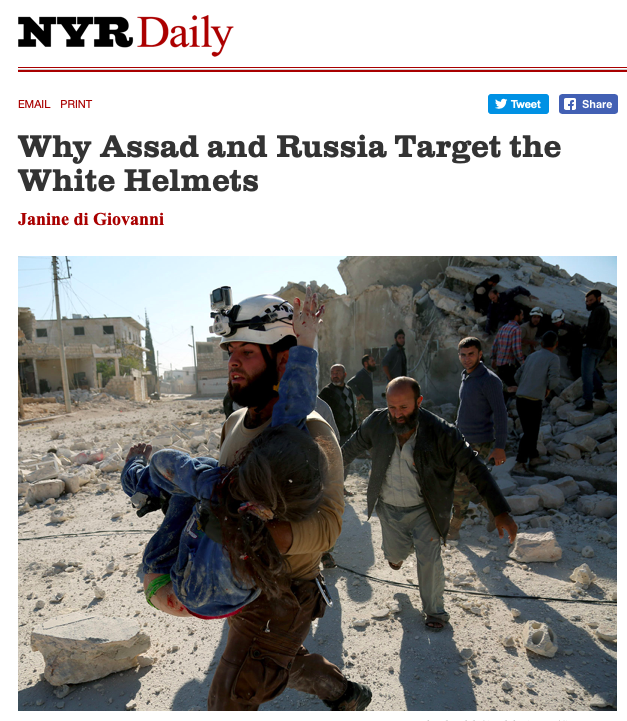
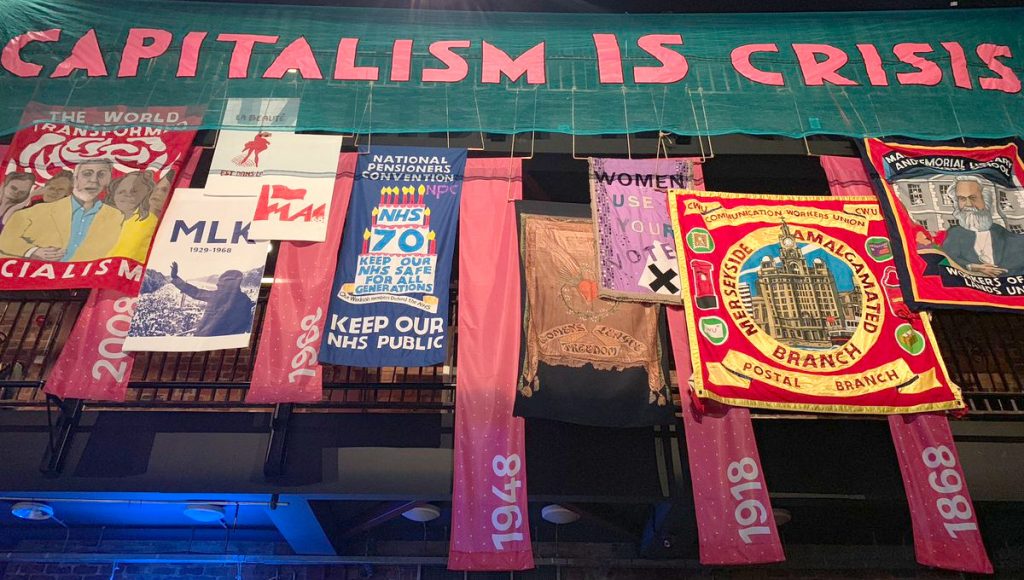
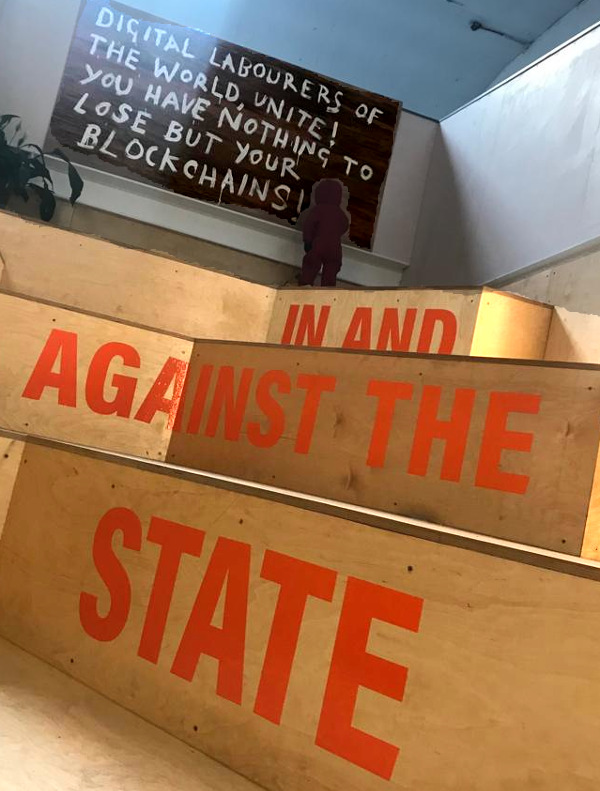



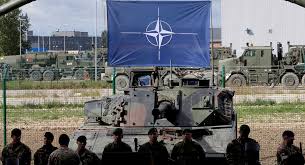





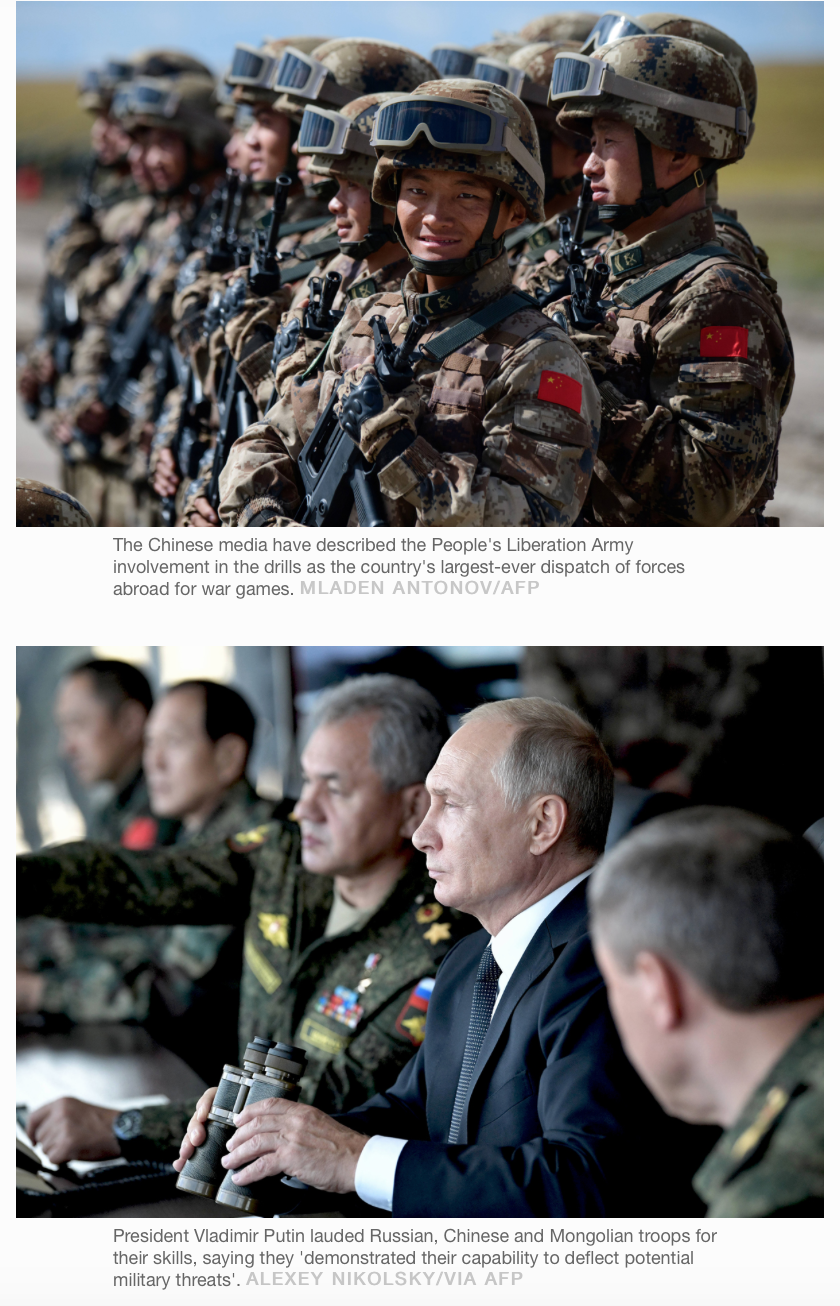
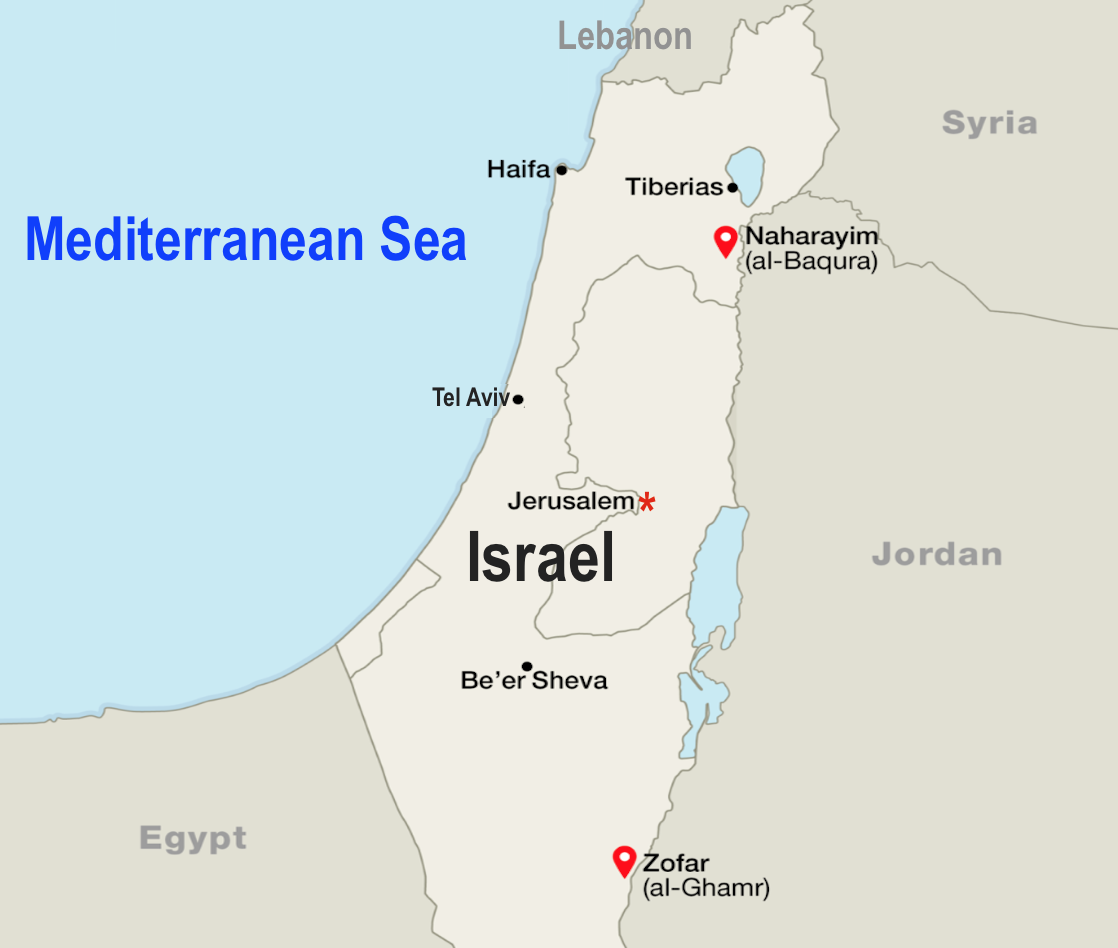

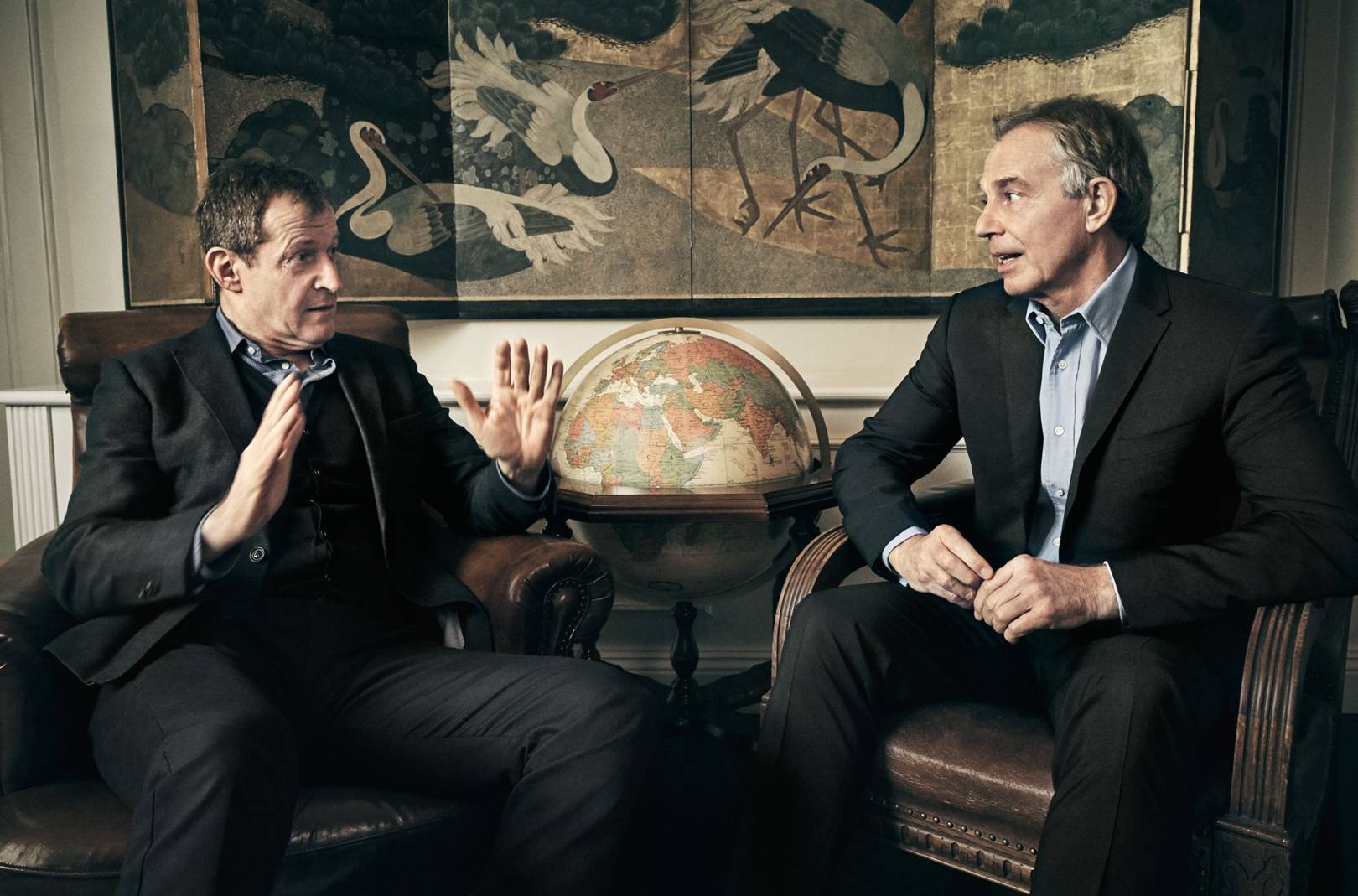



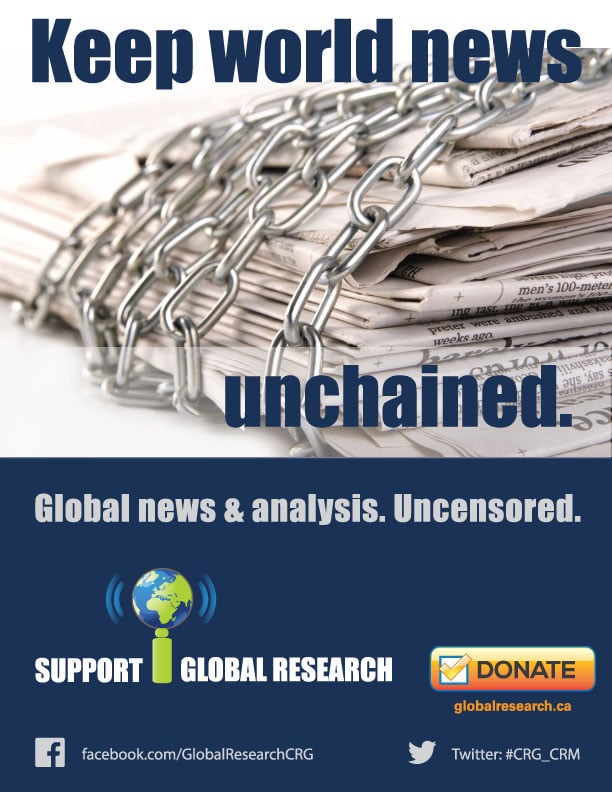 Can you
Can you 
